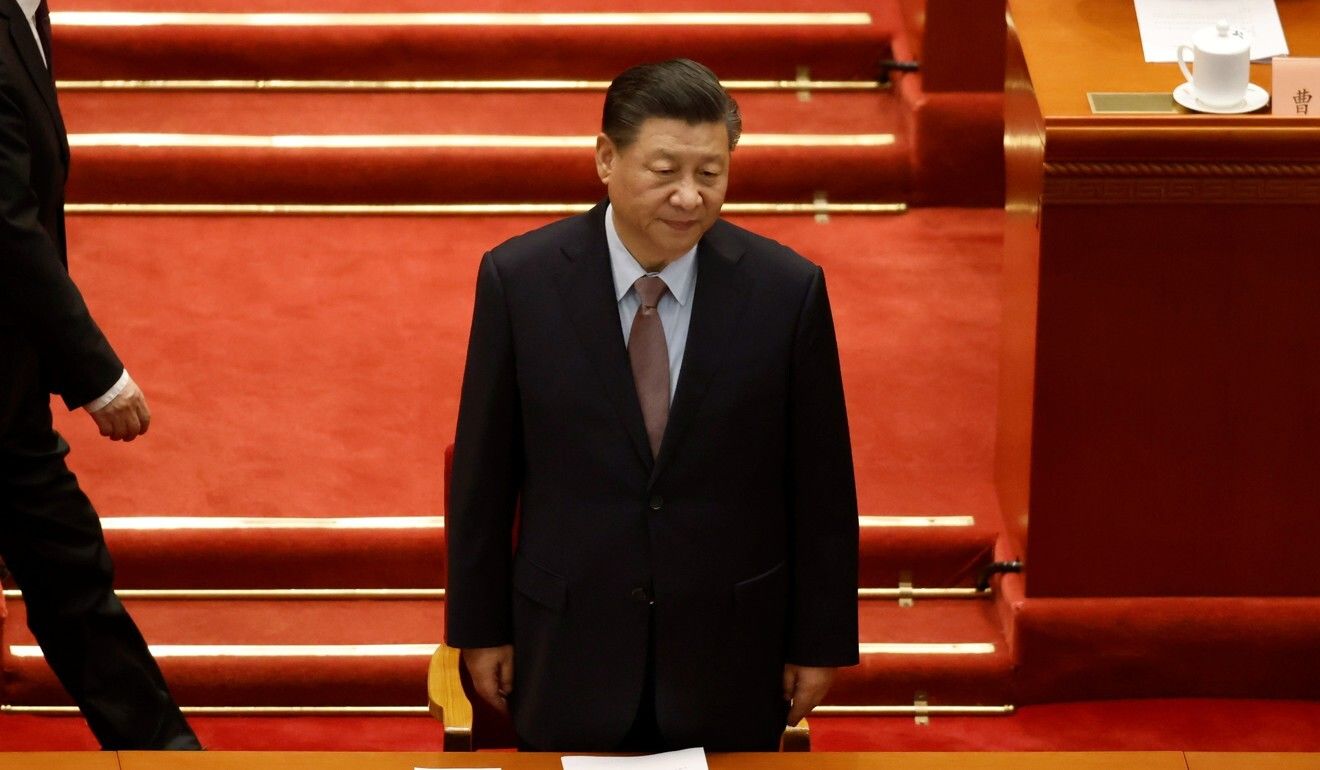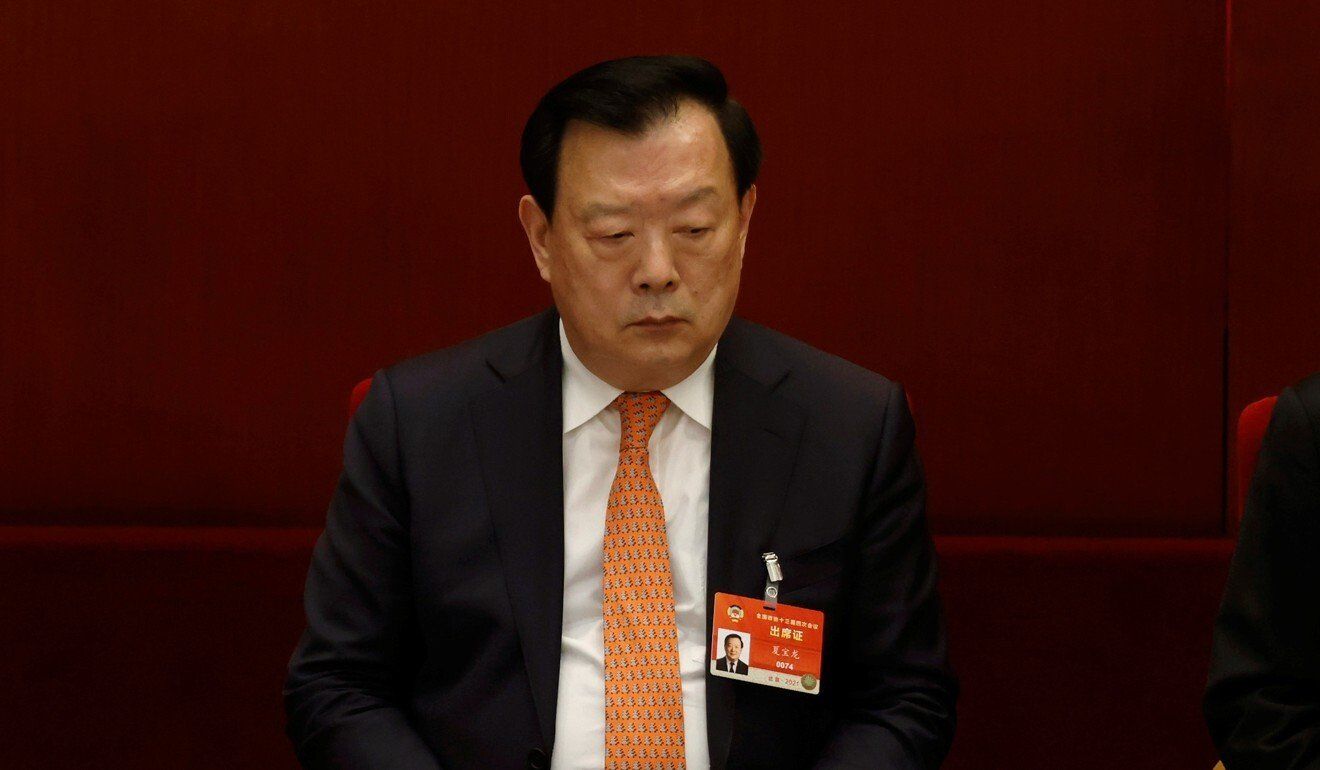Hong Kong News

Hong Kong election systems in for overhaul, Legco polls delayed again
Hong Kong’s Legislative Council could have up to 90 lawmakers, up from the current 70, and the Election Committee that selects the city’s chief executive may add another 300 voters to become a 1,500-member outfit, as part of a drastic overhaul to the electoral system, the Post has learned.
On the proposed expansion of Legco, sources said the additional members would be chosen from the Election Committee, which is expected to hold its voting only in December.
As such members can only join Legco after December, sources said the postponement of Legco elections was all but certain. Two sources said the polls, delayed from last year to this September because of the Covid-19 pandemic, would be deferred to September 2022.
The reason for the delay was that the changes would require local legislative amendments Beijing was not confident could be done before July when the current Legco term ends, other sources indicated.
Sources revealed these proposals were on the cards as Beijing placed the reform of the city’s elections on the agenda of its annual “two sessions” meetings that began on Thursday. The reforms are to fulfil the precept of “patriots governing Hong Kong” deemed necessary for the stability and security of the city.
State-run news agency Xinhua reported that an item titled “Improving the Election System of the Hong Kong Special Administrative Region” was listed seventh on the agenda of the National People’s Congress (NPC), whose plenary session starts on Friday.
Once passed, the resolution will empower the NPC’s Standing Committee to come up with the details of the changes.
Annex I and II of the Basic Law, which stipulated the composition of the Election Committee and Legco, would need to be changed by the NPCSC, followed by local legislation by Hong Kong’s government and legislature.
A pro-Beijing source who attended a briefing on Thursday evening chaired by Xia Baolong, director of the State Council’s Hong Kong and Macau Affairs Office, told the Post: “The reforms will touch on both the city’s Legislative Council elections as well as the election committee that picks the chief executive of Hong Kong.”
Sources confirmed that the expansion of both Legco and the Election Committee was on the cards.
“It’s a complete surgery of the election systems in the city since the handover,” one of them commented.
On the Election Committee, sources said the current 117 district councillor seats would be scrapped. Beijing had previously expressed unhappiness with the seats as they would likely be held by opposition activists who took part in the 2019 protests, as it viewed them as anti-government and anti-China elements out to threaten national security.
 Chinese President Xi Jinping attends the opening session of the Chinese People's Political Consultative Conference on Thursday.
Chinese President Xi Jinping attends the opening session of the Chinese People's Political Consultative Conference on Thursday.
Their voting power combined with the traditional control of 300 seats by the pan-democrats would make the opposition bloc kingmakers in the election for a chief executive, making it potentially risky for Beijing’s own preferred candidate in a two- or three-man race.
The new 300 voters that could be added to the Election Committee would be part of a fifth sector, and they will comprise the city’s representatives to the Chinese People’s Political Consultative Conference (CPPCC), as well as Hong Kong members of prominent mainland Chinese business, social and academic groups, such as the All-China Federation of Industry and Commerce, and the All-China Women’s Federation, the sources said.
Currently, 36 local deputies to the NPC are ex officio members of the committee, but about 200 local delegates to the CPPCC only have 51 seats on it. Under Beijing’s plans, they would automatically become members of the body.
“This is the only proposal raised by Beijing so far,” a source said.
The sources said their addition – to the business, professional, social and political sectors currently represented – was to ensure “stability” and reduce the “risks” of Beijing’s preferred candidate not being elected.
In the past, chief executive hopefuls needed to obtain nominations from any 150 of the Election Committee’s 1,200 members. In the future, they still need to obtain an eighth, or 188 of the 1,500 members, but they must have at least 15 nominations from each of the five sectors.
“Some people said this is to dilute the opposition camp’s influence, but I would say that this is to increase the security, and reduce the risk,” a CPPCC delegate said.
In the 70-member Legco, five “super seats” in the functional constituencies, and five in the geographical constituencies would be scrapped to reduce the size of the two groups to 30 members only. Then, the 1,500-member Election Committee would elect 30 lawmakers among themselves to fill a third 30-member sector.
It was a revival of one of the committee’s abolished powers. From 1998 to 2000, 10 of the seats in the 60-member legislature were returned by members elected by the committee. The number dropped to six from 2000 to 2004, when the system was scrapped.
 Xia Baolong, director of the Hong Kong and Macau Affairs Office, attends
the opening session of the Chinese People's Political Consultative
Conference on Thursday.
Xia Baolong, director of the Hong Kong and Macau Affairs Office, attends
the opening session of the Chinese People's Political Consultative
Conference on Thursday.
A vetting committee, likely to comprise senior local officials, will be created to assess the candidacies of those running for seats on the Election Committee or in Legco, and will review electoral officers’ decisions on their candidacies.
But sources said at the meeting on Thursday, Xia and other officials did not elaborate on how to overhaul the remaining functional constituencies and geographical constituencies in the Legco polls, as well as how to reform the district council polls.
Ray Yep Kin-man, a political scientist at City University, said he would not be surprised if Beijing made drastic changes to the electoral systems to eliminate any possibility of the opposition affecting their outcome, especially in next year’s chief executive race.
“For safety purposes, they would make very careful amendments,” he said. “Since Beijing does not want to see any representatives from the opposition bloc getting into Legco this September – ones who would directly become chief executive Election Committee members – the only way they could keep this from happening is to postpone the whole Legco election.”
“Then the next chief executive could win under high ‘recognition’ and ‘endorsement’ without any possible uncertainties,” he added.
At a press conference, NPC spokesman Zhang Yesui would only say that Hong Kong’s electoral systems were an integral part of the city’s political structure.
“The developments in recent years show that the electoral system needs to be improved to keep abreast with the times and provide the Institutional guarantee for the full and accurate implementation of the one country, two systems and the principle of patriots governing Hong Kong,” he added.
“The NPC is the supreme organ of state power, it exercises its function and powers under the constitution and the Basic Law. It is the power of the NPC as well as its responsibility, to make a decision on improving Hong Kong’s electoral systems.”
He declined to elaborate on details of the matter, asking journalists to pay attention to the upcoming NPC meetings.
Basic Law Committee member Professor Albert Chen Hung-yee, a law professor at the University of Hong Kong, said he expected the NPC to follow the way Beijing imposed the national security law on the city last June.
The NPC would endorse the key principles, while its apex, the standing committee, would iron out the details, he added.
Details of the proposals emerged as Xia, Beijing’s top official on Hong Kong affairs held a meeting with Hong Kong’s delegates to the CPPCC – the nation’s top advisory body – to explain the impending changes. CPPCC vice-chairman Zhang Qingli also attended the meeting.
Just a few days ago, Xia chaired a two-day seminar in Shenzhen to hear the views of Hong Kong’s pro-establishment elites on revamping its electoral and political systems to ensure public office holders were sufficiently patriotic, a precept cited by President Xi Jinping in January as fundamental to the city’s long-term stability and prosperity.
A week before that, on February 22, Xia also gave the most comprehensive explanation to date of the concept of “patriots governing Hong Kong”, and called for the principle to be implemented across all three branches of government.
In a speech, he defined “patriots” as people who sincerely safeguarded national sovereignty, security and development interests; respected the fundamental system of the country and the constitutional order of the city; and did their utmost to maintain its prosperity and stability. He also gave indications on how the changes should take place.
Critics, meanwhile, have questioned the definition, and framed the plans as a move to obliterate the opposition and silence democratic voices in the city. But Xia in his February 22 speech maintained Beijing was not expecting political homogeneity.
Pro-establishment figures have also sought to reassure Hongkongers there would be room for diverse political opinions, provided they did not undermine sovereignty and national security.
China’s “two sessions” – the collective name for the annual plenary sessions of the CPPCC and NPC – also kicked off this year on Thursday with Wang Yang, the head of the CPPCC, making clear the dominant theme for Hong Kong would be the “patriots” principle.











